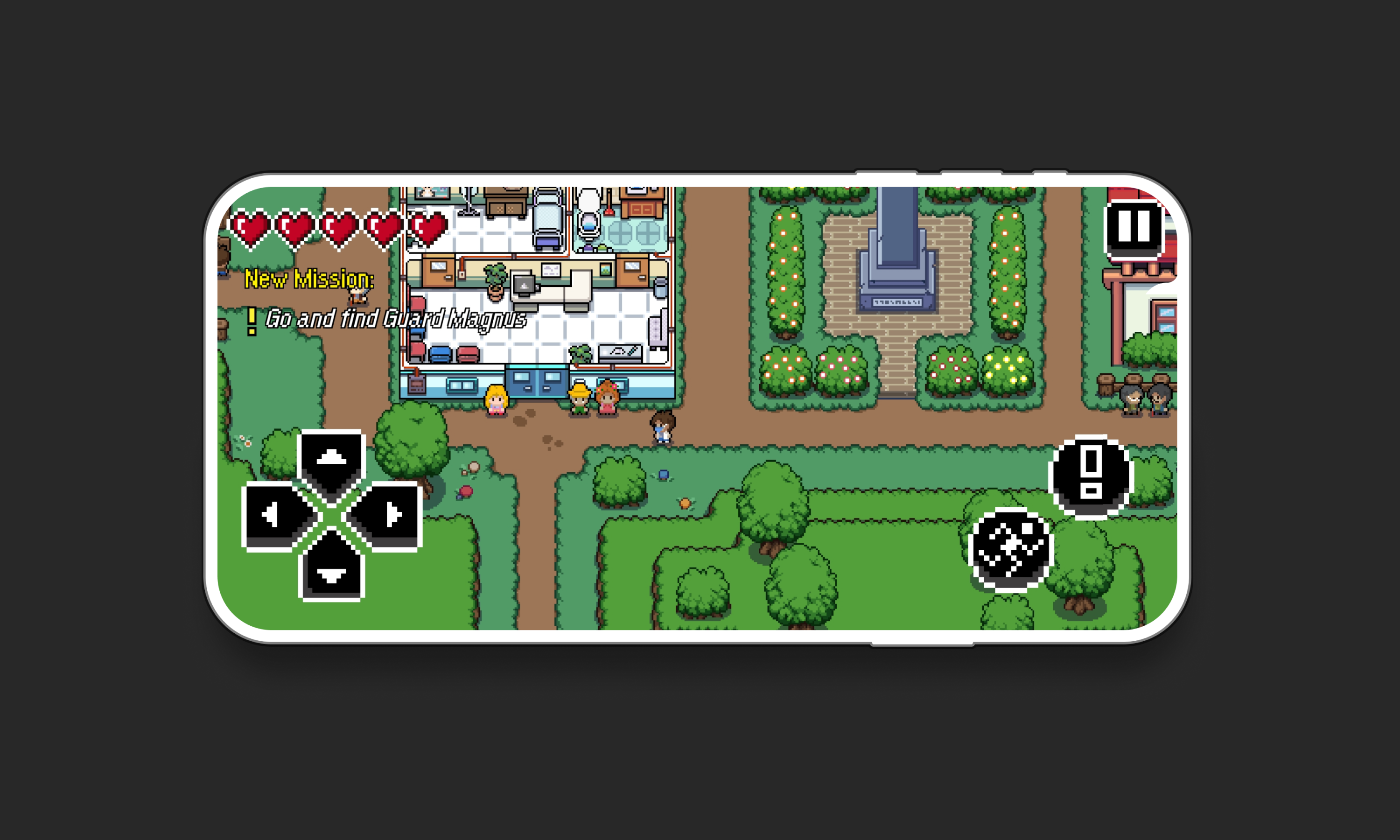context.
enhancing health literacy through game-based learning.
This study aims to improve Grade 8 students' health literacy on preventing and controlling communicable diseases, reducing the risk of future health crises like COVID-19. It evaluates the effectiveness of game-based learning in teaching Health education at Camarines Sur National High School.
methodology.
successive approximation model.
This study employed the Successive Approximation Model (SAM), an agile, iterative system development approach with three phases: (1) Preparation – gathering data and context, (2) Iterative Design – creating and evaluating prototypes, and (3) Iterative Development – refining prototypes to achieve the desired outcome.
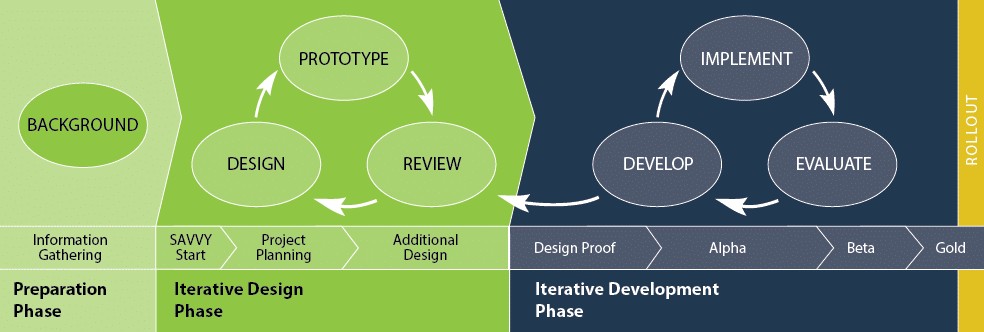
use-case diagram.
Upon opening the game, the players will be presented on the home screen with a chapter select button; If they Select a chapter, the chapter will load, and they will have the options to: (1) Restart the chapter, (2) Go back to Home Screen, or (3) Exit the game
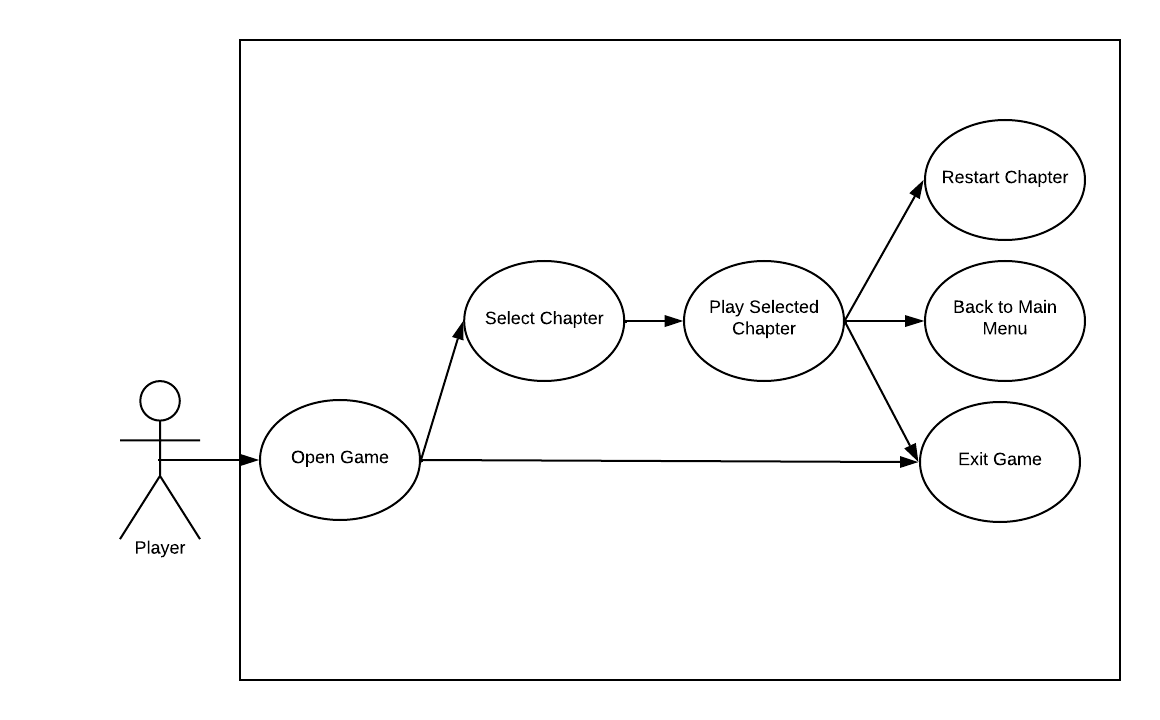
game flow diagram.
Players start the game from a main menu to select chapters via codes or exit. During gameplay, they interact with
- Patient NPCs: Engage in Q&A to progress; wrong answers deplete hearts, leading to game over. Players can retry or return to the menu.
- Information NPCs: Provide guidance, instructions, and fun facts.
- Chests: Offer Q&A to regain lost hearts with correct answers.
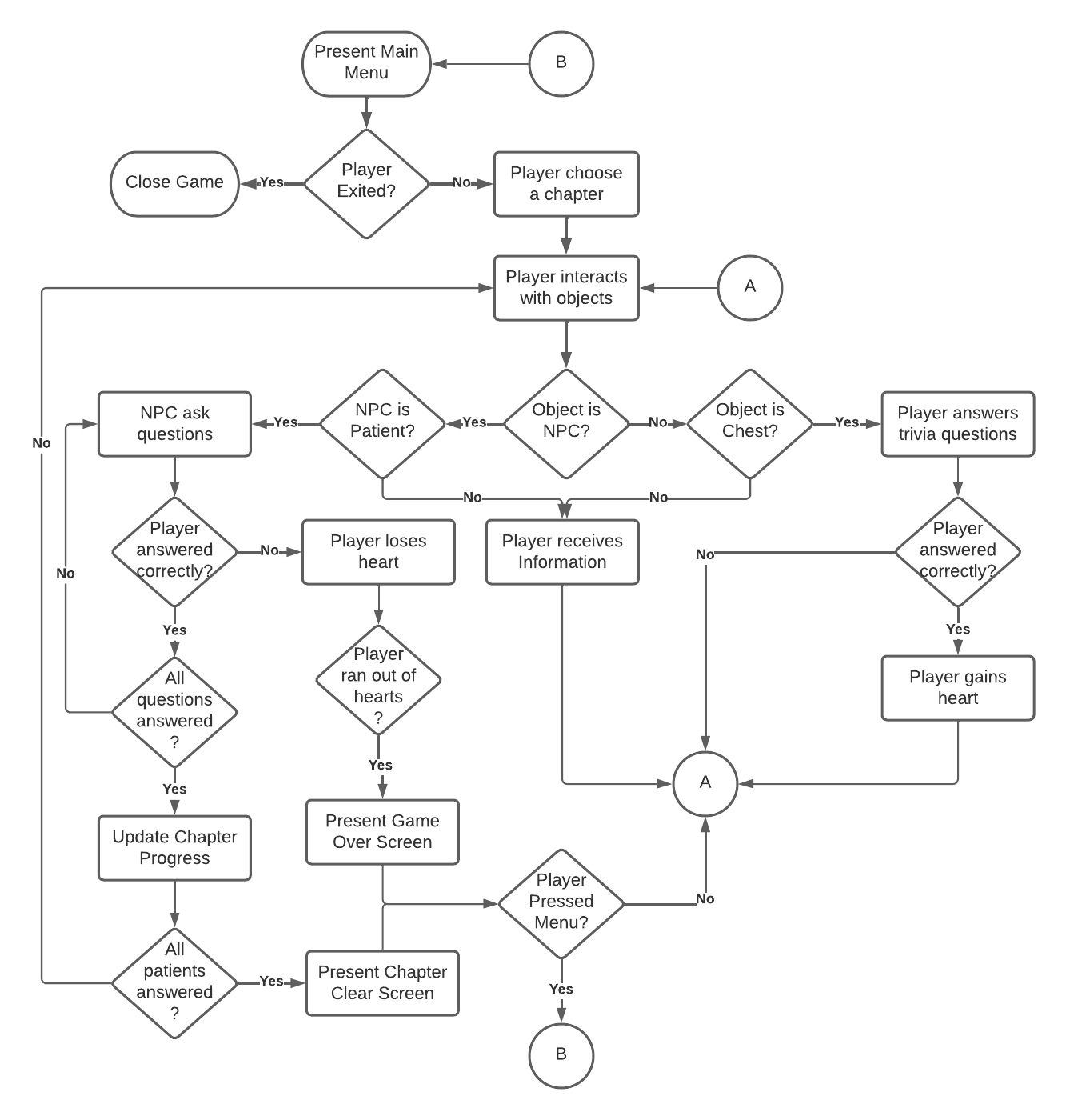
systems.design
game title inspiration.
Dr. Abel’s Adventures honors Dr. Abelardo Aguilar, the Filipino physician who discovered the antibiotic properties of Streptomyces erythreus in 1949, leading to the development of Erythromycin. The title highlights his overlooked contribution to medicine and aims to inspire young learners to value past achievements.
asset showcase.
We purchased the Mystic Woods asset pack by Game Endeavor on itch.io. I created additional assets, including characters and houses, to improve the gameplay experience.
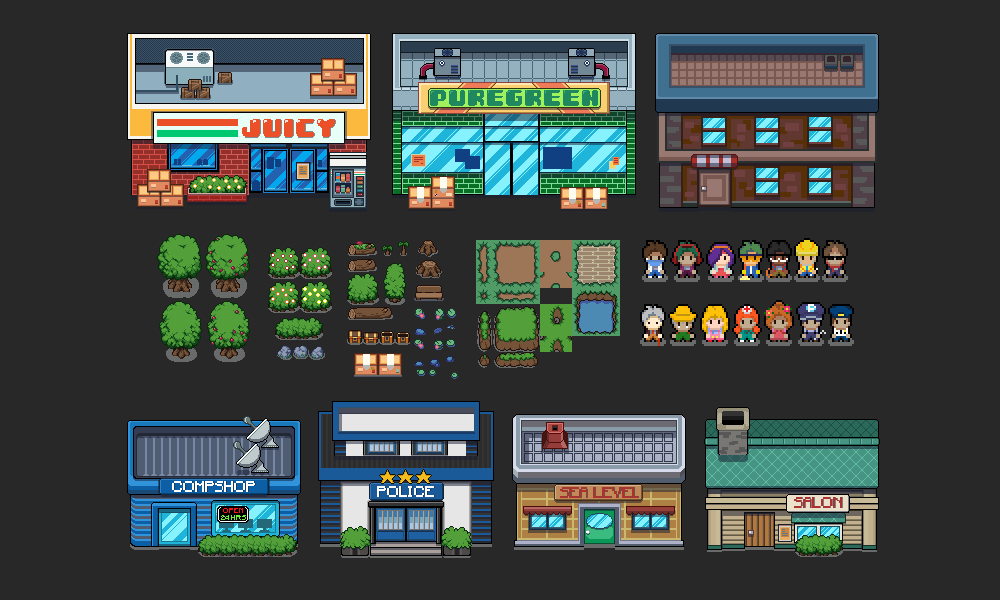
gameplay and mechanics.
- Patient NPCs: Answer Q&A to progress; wrong answers deplete hearts, causing game over. Retry or return to the menu.
- Information NPCs: Share guidance, instructions, and fun facts.
- Chests: Answer Q&A to restore lost hearts.
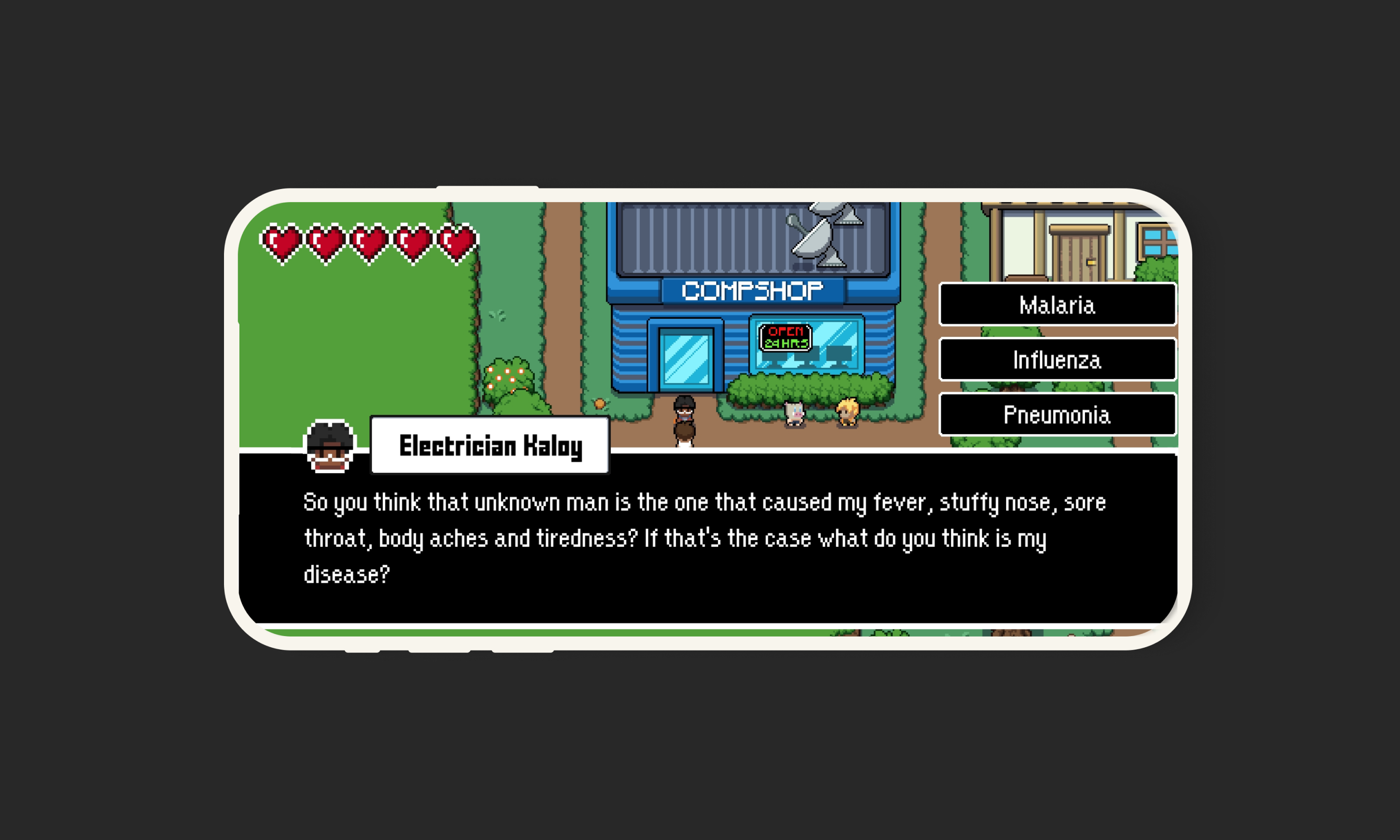
Patient NPC Dialogue

Information NPC Dialogue

Chest
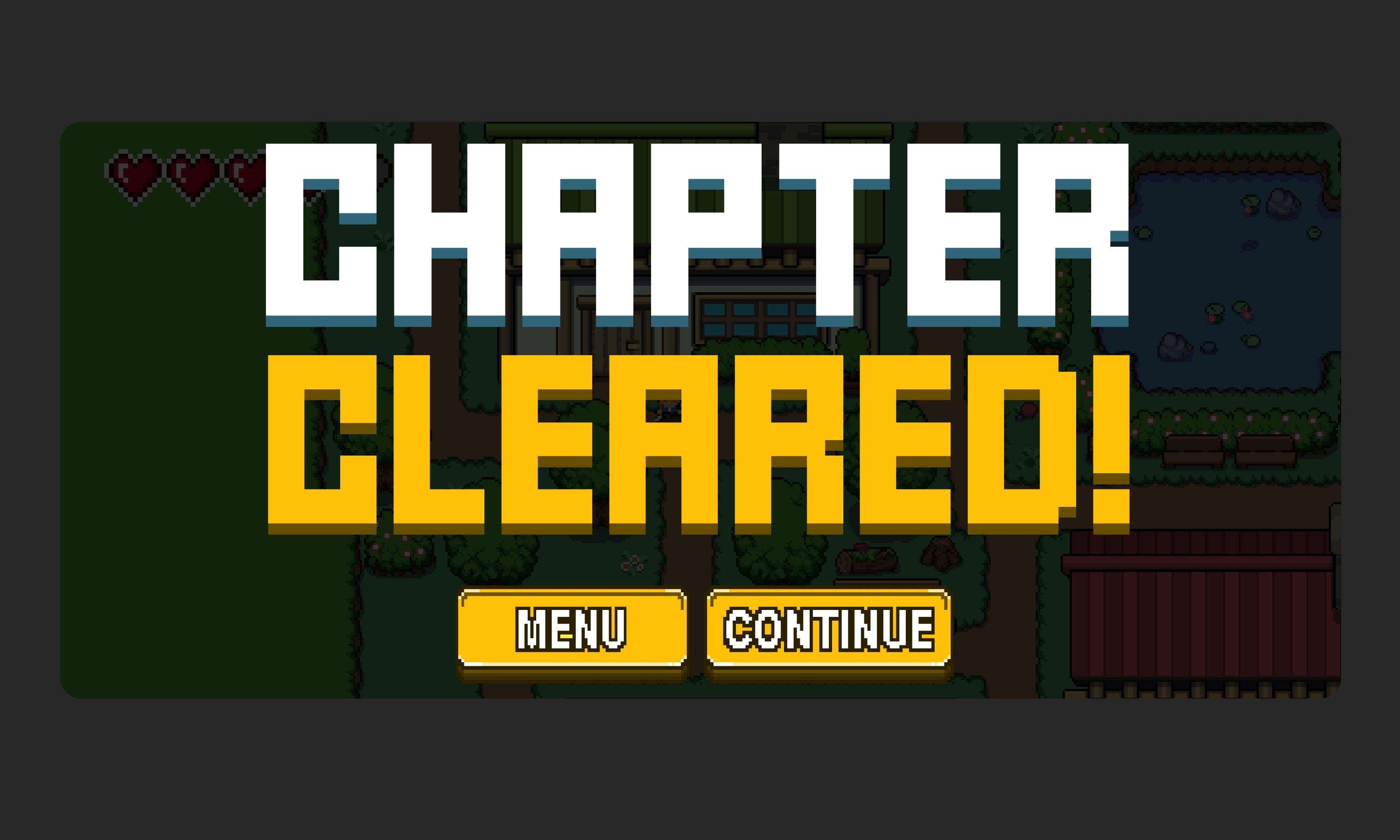
Chapter Cleared Screen
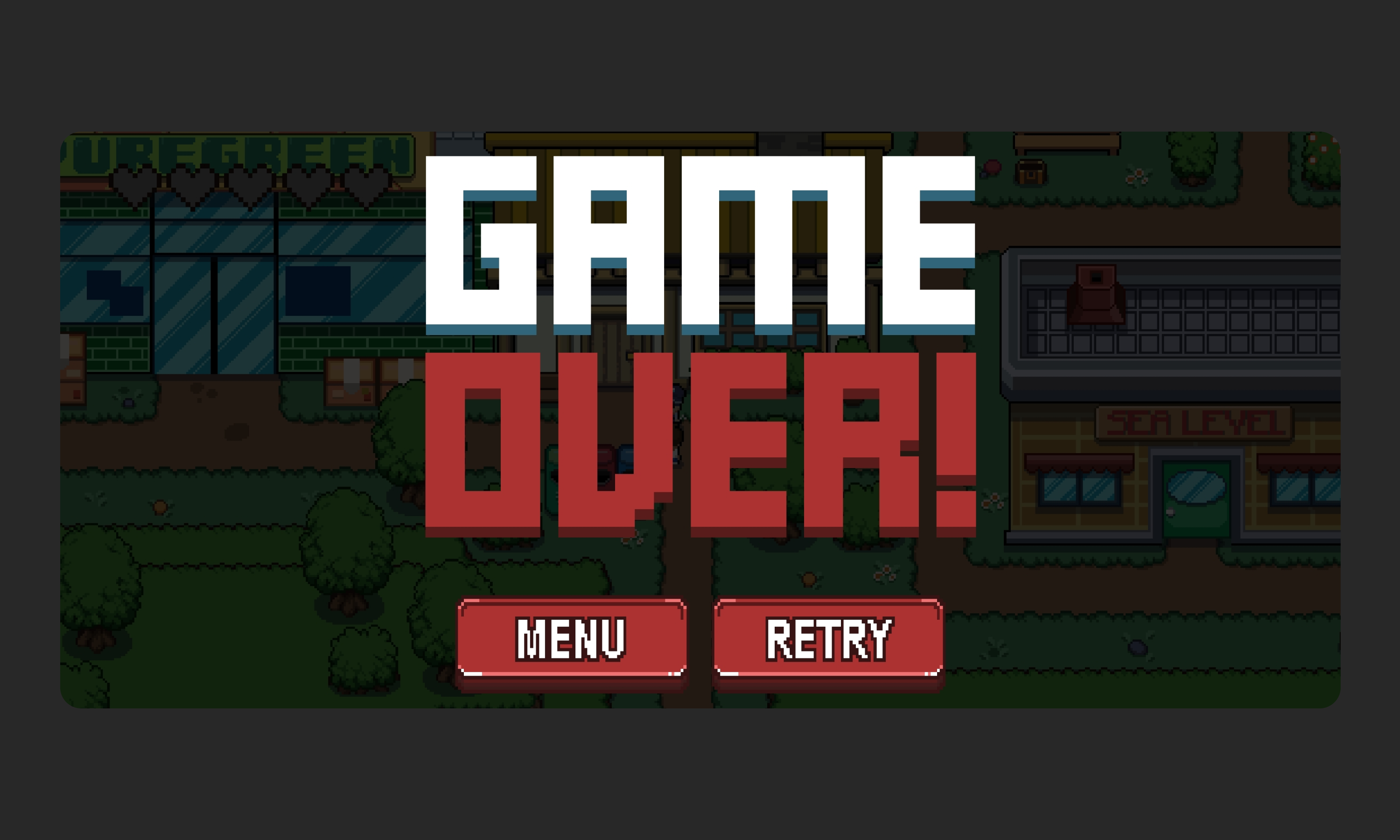
Game Over Screen
conclusion.
there's still a need for innovation.
Despite efforts to improve health literacy in the Philippines, there is still a need for innovative methods to expand outreach. This study explored using game-based learning to teach the prevention and control of communicable diseases through Dr. Abel's Adventure. Testing the game with Grade 8 students at Camarines Sur National High School showed that it improved health literacy. While the learning outcomes between the experimental and control groups didn’t differ significantly, the game successfully enhanced awareness. The study also emphasized the importance of clear instructions and game introductions for a better user experience.
takeaway.
what i learned?
Starting a new project, especially with kids from different schools, was challenging, but I enjoyed collaborating with teachers and students. Despite facing obstacles, we focused on learning and improvement. I discovered my passion for the creative process, from story and character design to color choices, and worked hard to perfect every detail.
